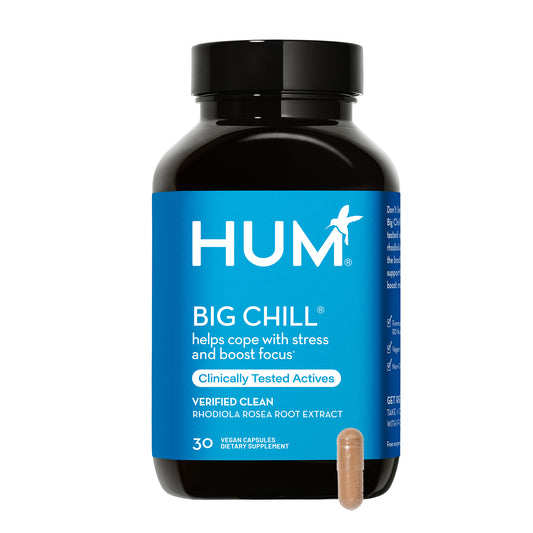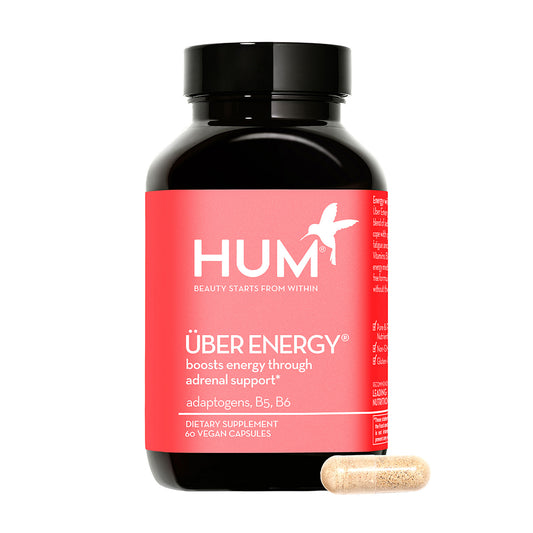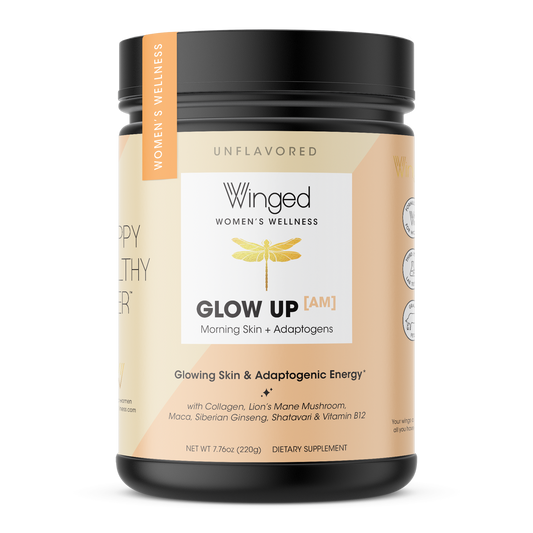Self-care is a journey that evolves and changes throughout life. There’s no right or wrong way to experience the journey. It is, however, important to understand what self-care is and is not. Self-care is not about being selfish and self-indulgent. Rather, it’s about taking care of yourself so that you can be healthy and well and do the things that matter most to you. It’s also easier to help others when your own needs are met.
While self-care is important during all phases of life, it’s especially important at pivotal transition points, like during menopause. Let’s start by understanding more about self-care.
What is self-care?
Self-care is “the practice of individuals looking after their own health using the knowledge and information available to them” according to the Global Self-Care Federation, an NGO that contributes to the World Health Organization’s (WHO) public health goals with their self-care knowledge and expertise. The practice of self-care requires you to be aware of what it means to care for yourself and how to access helpful information.
Here’s our interpretation of what self-care looks like. Caring for your whole self involves focusing on each the following categories:
- Physical, to take care of your body.
- Mental, to help keep your mind sharp and healthy.
- Emotional, to build skills to cope with difficult emotions.
- Social, to nurture relationships with others.
- Spiritual, to foster your sense of purpose and meaning in life.
While it’s good to understand the breadth of self-care, it’s equally important to realize that you don’t have to focus on everything at once. Choose an area or areas that are top of mind and know that you can come back to this list at any time to add to your self-care toolkit.
Let’s dive into each one and see how each relates to menopause.

Physical self-care
Physical activity
Taking care of your physical self is a key part of self-care during menopause. Many menopause symptoms, like hot flashes, night sweats, potential weight gain, and decreased bone density can impact your overall quality of life. Prioritizing self-care can help you manage these symptoms effectively. Getting regular exercise, for instance, can help combat weight gain, improve bone density, and reduce stress. Engaging in strength-training exercises can also enhance muscle mass and boost metabolism. Physical activity can help contribute to weight loss — and those who lose weight may have fewer hot flashes.
To learn more about the importance of physical activity during menopause, read Menopause Exercise, The Benefits, the Do’s, and the Don’ts.
Nutrition
In addition, proper nutrition is key during menopause. Focus on eating a well-balanced diet complete with whole grains, fruits, vegetables, and lean protein for overall health. Including foods rich in calcium and vitamin D can help maintain bone health and prevent the onset of osteoporosis. And healthy fats and omega-3 fatty acids are good for a healthy heart and balanced hormones.
For more details about overall nutrition during menopause, read Menopause Nutrition — A Recipe for Feeling Good.
Skin care
Finally, taking care of your skin during menopause is important. You may have noticed more fine lines or wrinkles, and that your skin seems to be thinner and doesn’t bounce back as well as it used to. Add some self-care to your skincare routine by drinking more water, and always wearing sunscreen and moisturizer. These can help reduce the effects of these natural skin changes and create healthier-looking skin.
To learn more about menopause skin changes and ways to keep your skin looking great, read Menopause Skin Care — How to Look and Feel Your Best.

Mental self-care
Estrogen plays a very important role in protecting the brain and the nervous system. The brain is made up of networks of nerve cells called neurons. These networks help different parts of the brain “talk” to each other and work together to control things like thinking, memory, and overall brain function.
During menopause, the decline in estrogen levels can lead to changes in brain structure and function, including decreased memory, attention, and problem-solving skills. This is because estrogen has been shown to protect nerve cells in the brain that are there to protect against diseases that affect mood and overall brain function.
The good news is that there are self-care activities to help keep your mind sharp. Studies have shown that doing things like puzzles, crosswords, and memory and concentration games can help keep up your focus and concentration skills and delay cognitive decline.
For more information about staying focused and increasing your concentration during menopause, read Menopause and Concentration: Your Guide to this Foggy Symptom.
Emotional self-care
Menopause is a time of emotional adjustment, and self-care is essential to help maintain your emotional health. Fluctuating levels of estrogen can lead to mood swings, irritability, anxiety, and even depression. When you engage in self-care activities like meditation, yoga, mindfulness, or even talk therapy, it may help you to work through some of the emotional ups and downs you may experience.
Menopause can also bring about shifts in self-esteem and body image, partially due to weight gain and perhaps looser skin and wrinkles. Practicing such things as positive self-talk, self-compassion, self-love, and self-acceptance can help you maintain healthy self-esteem and body image.
Regular exercise, as mentioned earlier, not only helps with physical wellbeing but also acts as an effective stress reducer. Consider also setting aside time for activities you enjoy, like reading, spending time in nature, or working on a craft.

Social self-care
Cultivating a strong support network of friends and family members is also an important part of your own self-care. Sharing your experiences, feelings, and concerns with others, ideally those who are going through this same transition, can provide a sense of validation and reduce the isolation that you may feel during menopause.
Research has shown that social interactions can help boost your mood and even reduce the risk of depression. Friendships and close connections can offer comfort and encouragement and can help you navigate this life stage with confidence, and maybe even some humor!
Take a class at your local rec center, join a walking group in your neighborhood, volunteer with an organization that you care about, or simply set up meet-up times with friends and family. All of these are ways to help you stay connected and hopefully boost your mood.
Spiritual self-care
Taking care of your spiritual self during menopause is important self-care for your soul and can provide a sense of calm. One way to do that is to think about your purpose, or the big “why” behind your actions. Doing so can help you focus your energy on the things that really matter to you and less on some of the challenges you may be experiencing.
There’s no right way to go about discovering your purpose. One place to start is by answering these questions:
- What makes you tick? Think about how you feel when you’re at your best.
- What are your strengths? These are things you’ve always been good at or found easy to do.
- What do you value? It can be helpful to think about where, and with whom, you choose to spend your time.
Defining your purpose can help you get through some of the challenges you may be facing, with renewed energy and focus. And can help you take control of their health and wellbeing now and in the future.








